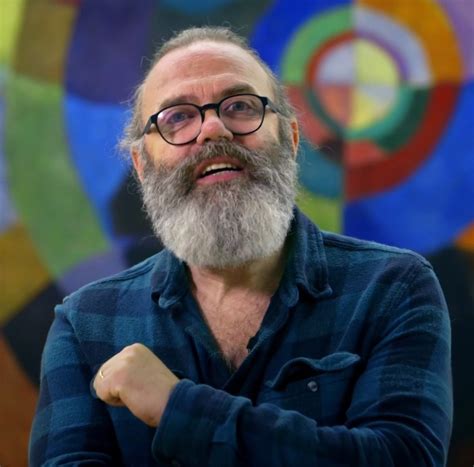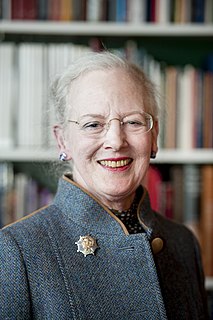A Quote by Robert Longo
One of the interesting things I discovered is that in the late 19th century, painters actually had black-and-white copies made of their own paintings. They chose it even over photographs because they knew the photographic medium would distort their work.
Related Quotes
I would say I'm black because my parents said I'm black. I'm black because my mother's black. I'm black because I grew up in a family of all black people. I knew I was black because I grew up in an all-white neighborhood. And my parents, as part of their protective mechanisms that they were going to give to us, made it very clear what we were.
I was out in California over the holidays and I was working with some photographs I took out there just now, actually, which were all different photographs of the sunset. They're really interesting because El Niño has changed the cloud configuration, not only the sea, but also the whole makeup of the clouds, the sunset, and the different gradations of color and tonality. So it'll be interesting to work with that.
People have asked me about the 19th century and how I knew so much about it. And the fact is I really grew up in the 19th century, because North Carolina in the 1950s, the early years of my childhood, was exactly synchronous with North Carolina in the 1850s. And I used every scrap of knowledge that I had.
In the beginning of the 19th century, maybe forty percent of women and fifty percent of men could produce a signature, which meant that they'd had at least three years of education because it was in third grade that people started penmanship in the 19th century. And of course black people could get killed if they got caught teaching themselves to read in some parts of the country.
And then the work bears a strong sense of leave-taking for me personally. It ends the work I began in the 1960s (paintings from black-and-white photographs), with a compressed summation that precludes any possible continuation. And so it is a leave-taking from thoughts and feelings of my own on a very basic level. Not that this is a deliberate act, of course; it is a quasi-automatic sequence of disintegration and reformation which I can perceive, as always, only in retrospect.
In the late 19th century there was a major union organization, Knights of Labor, and also a radical populist movement based on farmers. It's hard to believe, but it was based in Texas, and it was quite radical. They wanted their own banks, their own cooperatives, their own control over sales and commerce.
We had this terrible thing, this awful thing with 'Black and White' happened, where the design of 'Black and White' was actually... was hijacked by the fan sites. Because what happened is, there were so many fan sites on 'Black and White,' the hype on 'Black and White' was just ridiculously huge. It was completely out of our control.
Always, when the words art and artistic are applied to my photographic work, I am disagreeably affected. This is due, surely, to the bad use and abuse made of those terms. I consider myself a photographer, nothing more. If my photographs differ from that which is usually done in this field, it is precisely because I try to produce not art but honest photographs, without distortions or manipulations.









































